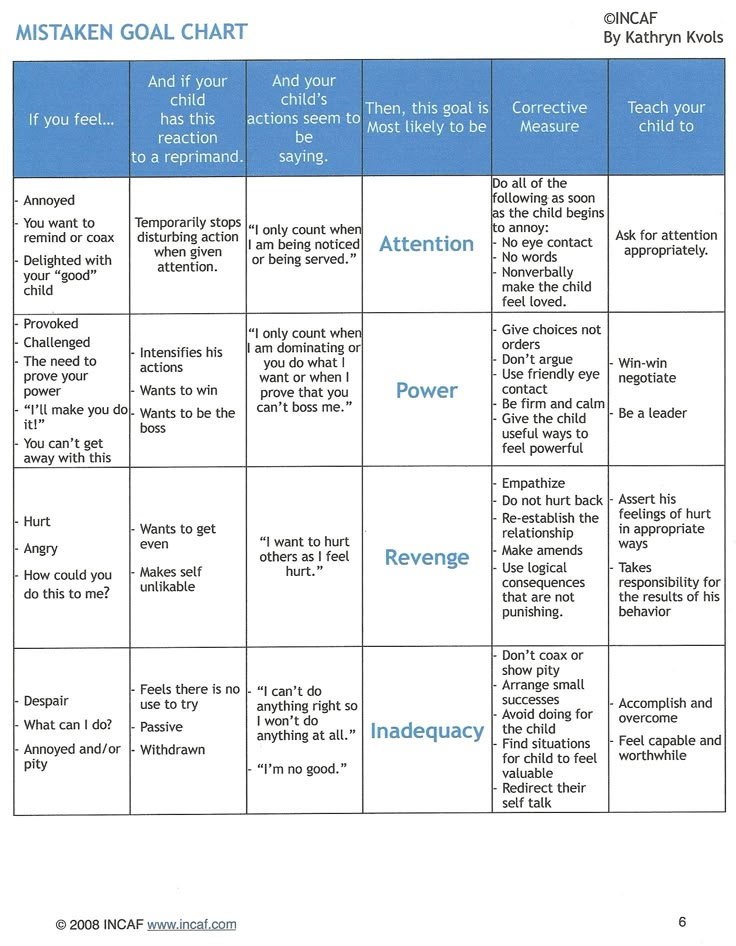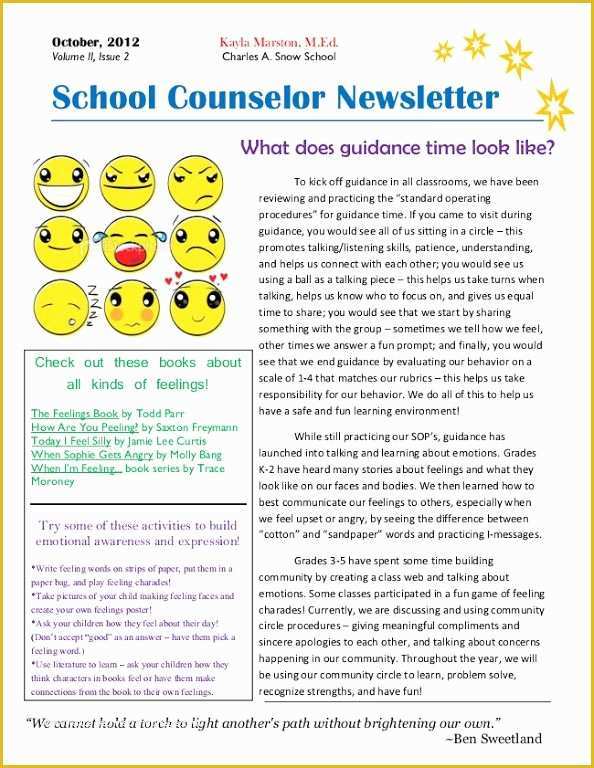How does your child react to new situations
Helping toddlers manage new situations
beginning of content4-minute read
Listen
Toddlers can experience strong emotions like shyness, anxiety and fear when they’re trying something new. With your support and encouragement, they can learn to manage in new situations.
Why is my child afraid of new situations?
Most children are outgoing, curious and adventurous. But some are born more cautious and can be sensitive and fearful when faced with new situations.
If you have a sensitive child, you will need to support them, encourage them to be social and brave, and show them how to act in new situations.
Some level of fear and anxiety when facing new situations and experiences is normal. When children feel afraid or anxious, their brains respond according to their survival instinct. Their adrenalin levels rise to help them escape danger. Very sensitive children can be even more alert and react more strongly to new situations. They may instinctively experience a ‘fight, flight or freeze’ response.
If a child has these feelings often, their fears can grow bigger and bigger. Even thinking about the situation can make them anxious. To cope they may try to avoid the situation, which makes it even harder to handle a new experience next time.
Most children learn to cope with these feelings. But your child might need extra support if they feel more anxious than other children their age, or if their fears and anxieties are preventing them from participating in activities that other children enjoy.
New situations that might make your toddler anxious or shy
Young children can find these situations difficult to handle:
- getting their first haircut
- going to preschool, day care or school
- problems in the family, like family breakdown
- visiting a health professional like a doctor or dentist
- coming across something they’re scared of, like a spider
- talking to new people or engaging in a group
- being away from you (though some degree of separation anxiety is normal until children reach age 2)
Even if your child doesn’t tell you they are afraid of the situation, you might notice they have physical symptoms such as difficulty sleeping, diarrhoea, stomach aches or headaches. Being irritable, having problems concentrating and being tired are also signs your toddler may be feeling anxious.
Being irritable, having problems concentrating and being tired are also signs your toddler may be feeling anxious.
How to help your child
It’s important to acknowledge your child’s worries and not to force them into situations that make them scared. Gently encourage them to be brave and try something new.
When in a new situation, give your child time to adjust and to get used to it. Stay with them for a while and gently encourage them to explore and play with the other children. After a while, you can move away for a short time. But make sure your child knows you are there and come back before they get upset.
Try not to comfort your child too much because this will teach them that it's a scary situation and will reward their shyness. Instead, reward ‘brave’ behaviour and tell them what they did well (for example, playing with another child or making eye contact).
If your child gets very anxious, show them how to calm themselves down by breathing slowly – breathe in for 3 seconds, hold for 3 seconds and breathe out for 3 seconds.
If the situation is too much for them, you can break it into manageable chunks. For example, if they are very scared of going swimming, suggest sitting and watching others swim for a while. When they are comfortable, try dangling their legs in the water. Praise their achievements and remind them it’s good just to make an effort.
It’s also important to show your child how to behave. Make sure you appear confident and outgoing yourself so your child can see how it’s done.
When to seek help
Sometimes, shyness or anxiety in new situations may be a sign of another problem such as a language delay, autism spectrum disorder (ASD) or an anxiety disorder. If you’re concerned, or if your child’s fears of new situations are seriously affecting their life and making them very distressed, you can seek professional advice from:
- your child’s teacher or care worker
- a GP, who may refer you to a paediatrician or psychologist
- your local children’s community health centre
You can also call Pregnancy, Birth and Baby on 1800 882 436 to talk to a maternal child health nurse.
Sources:
Skills for Action (The highly sensitive child and behavioral inhibition), Australian Institute of Family Studies (Promoting positive education and care transitions for children), Beyond Blue (Mental health issues), Beyond Blue (Strategies to support anxious children), raisingchildren.net.au (Shyness - babies and children), raisingchildren.net.au (Anxiety and fears in children), Women’s and Children’s Health Network (Separation anxiety)Learn more here about the development and quality assurance of healthdirect content.
Last reviewed: February 2020
Back To Top
Related pages
- Childhood behaviours
- Childhood anxieties and fears
- Separation anxiety in children
- Parental anxiety in the toddler years
This information is for your general information and use only and is not intended to be used as medical advice and should not be used to diagnose, treat, cure or prevent any medical condition, nor should it be used for therapeutic purposes.
The information is not a substitute for independent professional advice and should not be used as an alternative to professional health care. If you have a particular medical problem, please consult a healthcare professional.
Except as permitted under the Copyright Act 1968, this publication or any part of it may not be reproduced, altered, adapted, stored and/or distributed in any form or by any means without the prior written permission of Healthdirect Australia.
Support this browser is being discontinued for Pregnancy, Birth and Baby
Support for this browser is being discontinued for this site
- Internet Explorer 11 and lower
We currently support Microsoft Edge, Chrome, Firefox and Safari. For more information, please visit the links below:
- Chrome by Google
- Firefox by Mozilla
- Microsoft Edge
- Safari by Apple
You are welcome to continue browsing this site with this browser. Some features, tools or interaction may not work correctly.
Some features, tools or interaction may not work correctly.
How to Encourage Your Child to Try New Things
I’ll admit it: Growing up, I was afraid to try new things.
I didn’t want to do anything that I wasn’t good at—what was the fun in that? And if I wasn’t confident that I would excel at an activity or skill, I usually chose to avoid it.
Now that I have a mini-me running around, I sometimes see this trait repeating. “I can’t do that, Mommy,” she’ll say. “I don’t know how.” Or, “That’s not for little girls.”
Fear is a typical response to new challenges or experiences. These situations make children feel uncertain, vulnerable, powerless, and anxious. They strip away a child’s sense of security and control.
As a result, many children avoid the unfamiliar. They prefer NOT to risk attempting something new, leading to missed opportunities, and setting a negative pattern that can persist into adult life.
I sometimes wonder how much I missed out on because of my worries and timidity, and I don’t want my daughter to miss out on anything.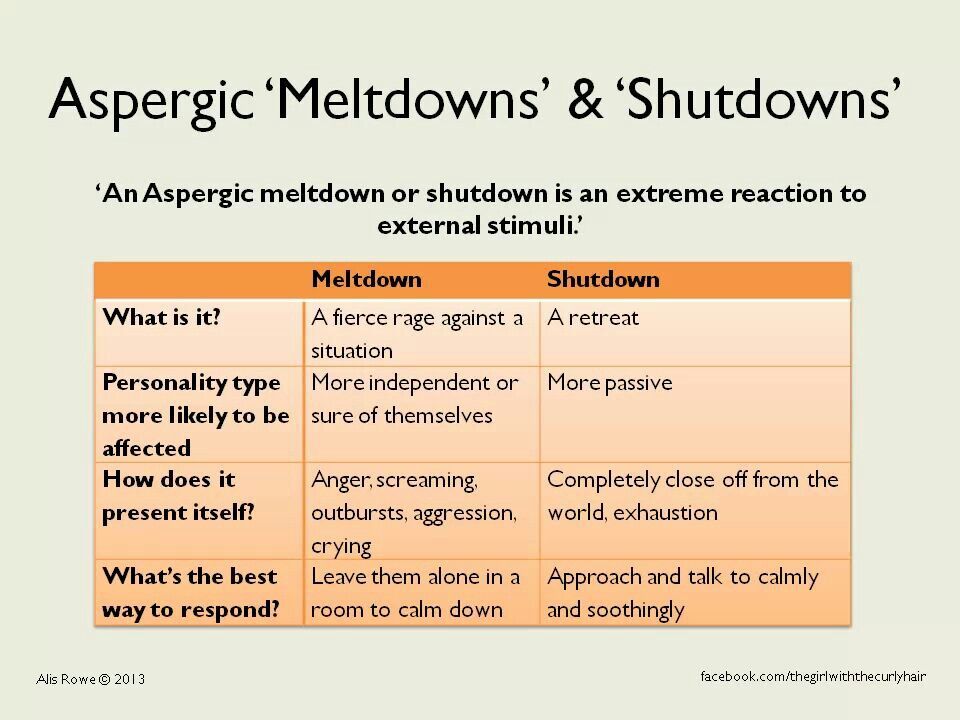 So I’m making a conscious effort to build up her courage and enthusiasm for new challenges.
So I’m making a conscious effort to build up her courage and enthusiasm for new challenges.
Here are seven strategies and activities we can use to raise children who aren’t afraid to tackle new situations, skills, or obstacles with confidence.
Before you continue, we thought you might like to download our FREE Your Words Matter Kit. With these 10 popular parenting guides, you will know exactly how to speak to your children to help them develop confidence, internal motivation, and a can-do attitude.
1. Be Supportive of Effort, Progress, and the ProcessKids may fear trying new things for several reasons, including environment, upbringing, past experiences, and temperament.
Cora Collette Breuner, M.D., associate professor of pediatrics at Children’s Hospital and the University of Washington, says this fear is also common among children who have received parental praise and support only when they’ve succeeded.
This is another reason to praise effort, progress, and the process rather than only praising successful outcomes (check out the Ultimate Guide to Praising Your Kids).
Low self-esteem can be another factor causing risk-aversion in children. Showing your children that they are loved and accepted—even when they don’t necessarily succeed—is one way to ensure that your child’s self-esteem is thriving.
Praising the process is also important because it shows your child there’s more than one way to do something. Ketzi Toney, a preschool teacher at the Stroum Jewish Community Center, explains her students become greater risk-takers when shown there are many “right” ways to solve mazes, puzzles, number problems, or even complete an art project.
If you want your child to be fearless in the face of new challenges, show them that “success” isn’t necessarily dependent on outcomes. Success can mean a willingness to try, put forth your best effort, and show gradual improvement.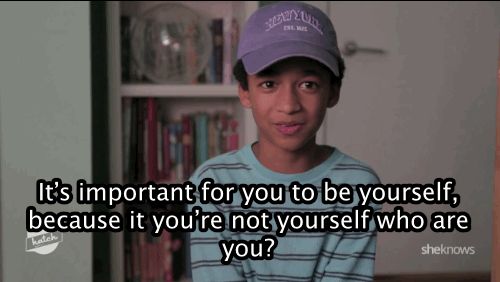
When your child does take a risk, point out that you’re proud of their bravery, and they’ll be even more willing to try something new in the future.
Looking for more ways to help your child with negative self-talk? We offer an on-demand How to Transform Negative Self-Talk into Self-Love masterclass for parents where you'll learn why your child has negative self-talk and effective practices to help them turn it into self-love."
2. Make an “I Can” CanNext time your child is worried they won’t be able to accomplish a task, remind them of all the things they can do using an “I Can” can.
You can also revisit the “I Can” can, and ask your child, “Have you always been able to do this? How did you learn to do this? How did you get better at this skill?” This reinforces the point that none of their abilities were acquired overnight, and it may give them the courage and motivation to try something new.
3. Keep an “Adventure Diary”If your child can view new challenges as exciting rather than intimidating, they’ll have the courage to pursue their full potential.
Help them shift their perspective by keeping an adventure diary. In the diary, you’ll detail all the adventures you’ve had as a result of trying new things.
Write about all the times your child was brave and attempted something new, and update the diary regularly. If possible, you can add pictures, drawings, or small mementos for decoration.
Also, include details about how well your child did or how much fun you and your child had when trying this new activity.
The next time your child is afraid to try something new, break out the adventure diary, and talk about the great times you had because your child was brave enough to try.
4. Ask the Right QuestionsPaul Smith, the bestselling author of “Parenting with a Story,” has a list of questions that you can use to discuss the fear of new challenges.
These questions include:
- Name something you’d like to do now but have been scared to try. How can I help you with that?
- How long do you think it takes people to get good at something new, like learning an instrument or playing a new sport?
- Can you think of something some people are just naturally good at without having to learn and practice? (Your child probably won’t be able to think of many answers to this question.
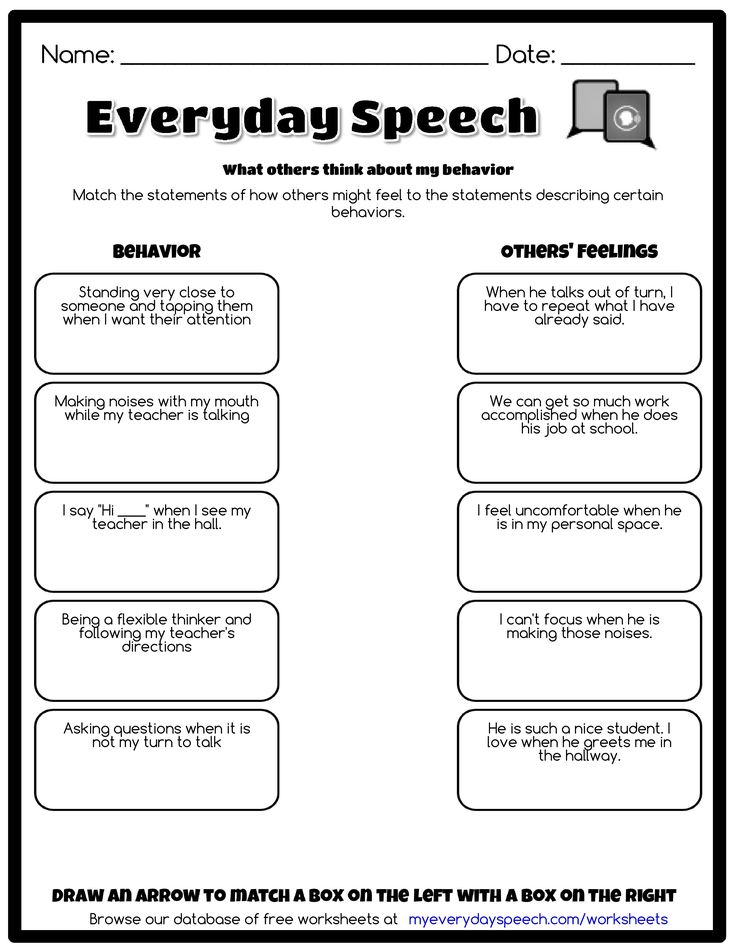 )
)
You can also ask your child questions like, “Is there anything that used to be difficult or a little scary for you that’s now much easier?” Remind your child that all the abilities they have now were new at one point. They weren’t born with them; they had to learn, practice, and persist.
To put your child’s fears in perspective, ask questions like:
- What’s the worst thing that could happen?
- What evidence suggests that this might happen?
- What is more likely to happen?
- What would you tell a friend who felt this way?
When you talk to your child about trying new things, make it a discussion rather than a lecture. Listen to your child’s worries, and help them talk through and confront these fears.
Don't forget to download our FREE Your Words Matter Kit with 10 helpful parenting guides and tips to use when speaking to your children.
5. Incorporate Brain BreaksWhile you should encourage your child to take risks, you should avoid pushing too hard.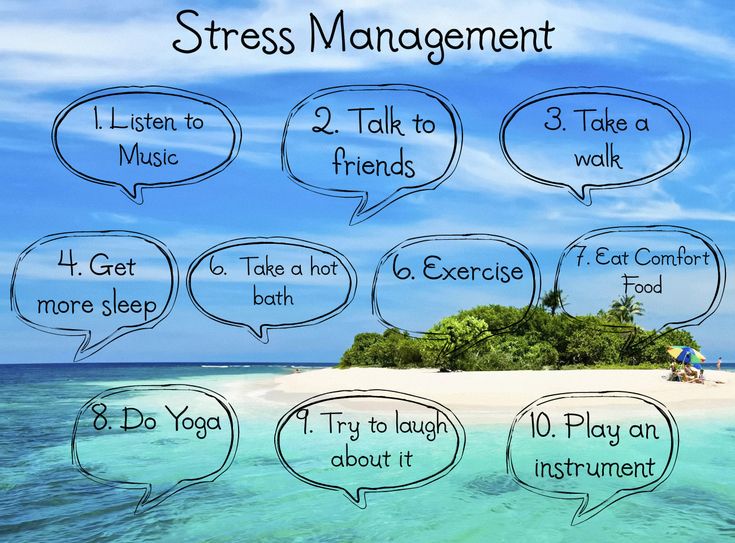 You want your child’s experiences with trying something new to be positive so that they won’t become even more risk-averse.
You want your child’s experiences with trying something new to be positive so that they won’t become even more risk-averse.
Instead of pushing your child beyond their perceived limits, let them take short breaks and return to the challenging task reenergized.
Allowing short breaks to regroup will help your child feel calmer and more comfortable, making the experience more positive.
If it’s an academic task or requires your child to sit for a long time, you can use “brain breaks.” When presented with new material, brain breaks help students feel relaxed and focused.
These are short activities that disrupt the monotony of a child’s current task. You can suggest a quick game of rock-paper-scissors, challenge your child to “reinvent” a random object for other uses, provide a story starter for your child to complete, etc. You can also do five different motions and have your child copy them in order, dance for a minute or two, or sing a fun movement song like, “Head, Shoulders, Knees and Toes” or “The Hokey Pokey.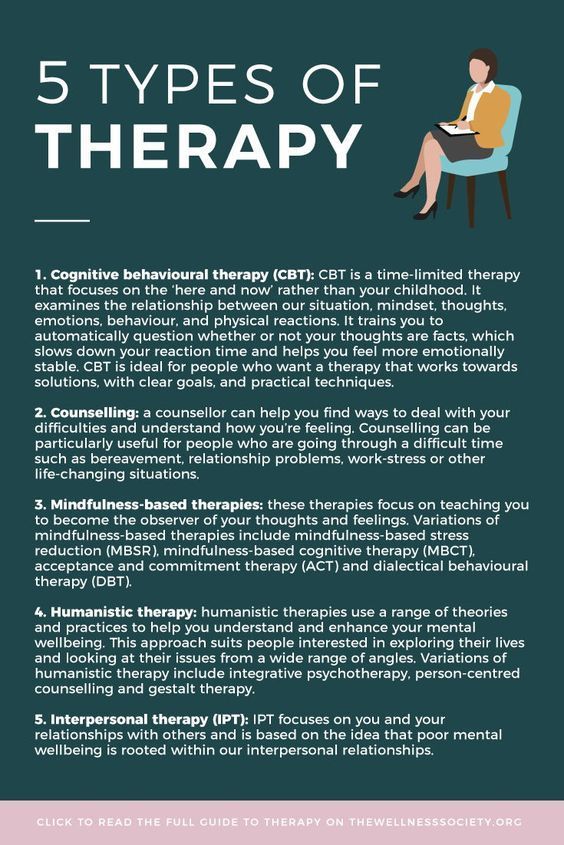 ”
”
Because these brain breaks are a bit silly, they’ll brighten your child’s mood, take their mind off their fears, and help them face the task at hand with renewed energy. Plus, the fun memories you create will show your child that trying new things isn’t so bad, after all.
6. Conduct Dress RehearsalsIf your child is feeling anxious about a new social situation, have “dress rehearsals” at home to help them prepare, building their comfort level and confidence.
For example, have your family sit at the dinner table so your child can practice approaching and asking to sit with you.
If they’re nervous about meeting their teacher for the first time, you can pretend to be the teacher and let your child practice how they will greet them.
Practice conversations, greetings, and other interactions that make your child feel nervous.
These dress rehearsals will familiarize your child with new situations, making them feel less unfamiliar and scary. You can even practice how to handle these situations if the “worst-case scenario” were to occur. As your child begins to feel confident and prepared, their worries about new social situations will dissipate.
You can even practice how to handle these situations if the “worst-case scenario” were to occur. As your child begins to feel confident and prepared, their worries about new social situations will dissipate.
In her book “Growing Up Brave,” Dr. Donna Pincus explains that taking baby steps toward a new challenge can reduce a child’s fears and anxieties.
She suggests using a “bravery ladder.” Creating a bravery ladder helps your child identify steps that will help them gradually achieve a new skill or conquer a specific fear. Think of it like learning to ride a bike by starting with training wheels.
For instance, if your child is nervous about playing a piano piece at a recital, they can first perform at home in front of mom and dad. Next, they can play the piece for a friend. Later, they can perform for a larger audience, like at your next family gathering. Each step gradually brings your child closer to playing confidently at their recital.
If your child is afraid to get in a pool, try playing in sprinklers first and allowing the water to touch their faces.
Over time, your child will confront their fears and gain confidence with each “rung” they advance on the bravery ladder. Praise your child’s progress to build their confidence and feel encouraged and motivated.
As their confidence surges, they’ll eventually face the new challenge or situation with far less fear and anxiety.
If we want our children to try their best and reach their fullest potential, we must help them overcome the fear of attempting something new. These strategies and activities help children build confidence and collect positive experiences associated with trying new things. Over time, our children will no longer fear new challenges — they’ll embrace them.
Looking for a resource to support your child's growth mindset journey? Our popular Big Life Journal - 2nd Edition (ages 7-10) helps children develop strong Social-Emotional Learning (SEL) and growth mindset skills through inspiring stories, colorful illustrations, and engaging guided activities. In this beautifully illustrated journal, children learn how to believe in themselves, face challenges with confidence, and use mistakes as opportunities to grow!
In this beautifully illustrated journal, children learn how to believe in themselves, face challenges with confidence, and use mistakes as opportunities to grow!
What will failures teach? How to help a child learn to lose
Failure, disappointment, defeat - all this will definitely be in the life of our children. How and why to teach a child to cope with failures, says psychologist Anna Skavitina.
Anna Skavitina, psychologist, analyst, member of the IAAP (International Association of Analytical Psychology)
When a child experiences disappointment and failure, it is difficult for parents to resist emotions. Seeing your child fail — lace up his shoes with difficulty, spell a letter incorrectly, fail to solve a problem, fail to make friends, or no one wants to sit at a desk with him — is one of the most difficult situations in parenthood.
Many mothers and fathers go out of their way to reduce the chance of their children encountering a losing situation. For example, for a birthday, children are invited to invite the entire kindergarten group or the entire class so that no one is offended, and if not everyone was invited, then it is better to lie and hide the very fact of the celebration. At children's holidays and even competitions, the organizers try to set things up so that "friendship wins", or generally avoid games where someone will be excluded at least for a moment. Parents do not want their children to feel bad, even if only for a short time.
For example, for a birthday, children are invited to invite the entire kindergarten group or the entire class so that no one is offended, and if not everyone was invited, then it is better to lie and hide the very fact of the celebration. At children's holidays and even competitions, the organizers try to set things up so that "friendship wins", or generally avoid games where someone will be excluded at least for a moment. Parents do not want their children to feel bad, even if only for a short time.
In this way they try to help children avoid psychological trauma and low self-esteem. And they protect themselves from dealing with the consequences of childhood disappointment. The irony of this careful approach is that small disappointments resulting from failure are actually good for children.
The benefits of failure
Learning and talking about failure helps children develop coping skills, emotional resilience, creative thinking, collaboration, and other important skills needed to succeed in life. Parents often view failure as a source of pain rather than an excuse to say, “You can handle this! Try it, I'll help, if anything!" Unfortunately, parental overprotection, especially complicated by material advantages over other families, can do a disservice to the child.
Parents often view failure as a source of pain rather than an excuse to say, “You can handle this! Try it, I'll help, if anything!" Unfortunately, parental overprotection, especially complicated by material advantages over other families, can do a disservice to the child.
Moms and dads who do almost everything for their children, repeating: “You are the best, you are unique by the fact of birth, we will make sure that you do not know the need for anything and always feel like a million!”, unable to endure momentary failure and by their actions often achieve that the child does not want to do anything in this life, except to spend parental capital.
He expects that all the people he meets on the way will be fascinated by him and his incomprehensible virtues, and turns out to be ... disappointed and traumatized, because people are not interested in him in any way, the apartment does not clean itself, work does not work, and even domestic staff does not create a magical atmosphere of complete fulfillment of desires. And how to change it, he is not too clear.
And how to change it, he is not too clear.
Coping with disappointment
A review of 200 studies published in Psychological Science in the Public Interest found that the high self-esteem many parents strive to instill in their children, believing that it will help them to believe in themselves and protect them from disappointments and failure does not encourage children to get better grades or to do something for their career. It is the situations of success that lead to the fact that you feel good, and not vice versa. The Journal of Social Science and Clinical Psychology published data from an experiment showing that students who did poorly in college and tried various ways to increase their self-esteem instead of doing homework only made themselves worse.
Unfortunately, we cannot always be in the place where the child fails, we cannot protect him from all troubles and worries, but we can teach him to cope with the consequences of failures and disappointments.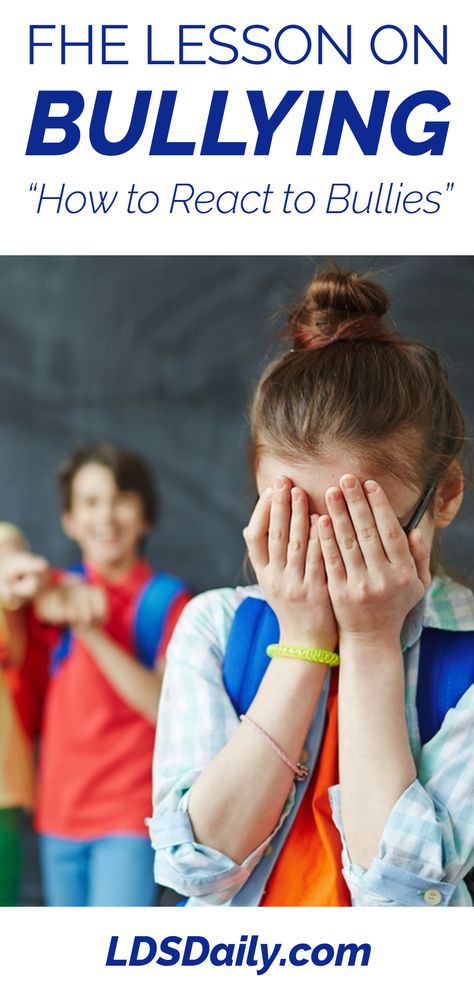 For example, when your child says that the guys did not take him to play on the playground or at school break, you can not go and deal with this situation yourself, asking the children: “Why don’t you play with him? Who taught you this?" — I have seen this many times! It is better to listen carefully to the child, be sure to ask: "How did you feel?", to ask what can be done another time in such a situation. Don't fixate on inappropriate answers, say, "Yes, that's a possibility, what else?" Offer a few of your options - this is called "brainstorming": it allows for the voicing of even the most crazy options without criticism. Have the child consider the pros and cons of each approach. Not everything that seems simple and obvious to you is simple and obvious to your child.
For example, when your child says that the guys did not take him to play on the playground or at school break, you can not go and deal with this situation yourself, asking the children: “Why don’t you play with him? Who taught you this?" — I have seen this many times! It is better to listen carefully to the child, be sure to ask: "How did you feel?", to ask what can be done another time in such a situation. Don't fixate on inappropriate answers, say, "Yes, that's a possibility, what else?" Offer a few of your options - this is called "brainstorming": it allows for the voicing of even the most crazy options without criticism. Have the child consider the pros and cons of each approach. Not everything that seems simple and obvious to you is simple and obvious to your child.
How to teach a child to lose
Any failure brings disappointment, sadness, regret, anger. Our task is to teach the child not to avoid these feelings, because they are an integral part of our life and mental development, but to learn to perceive them adequately.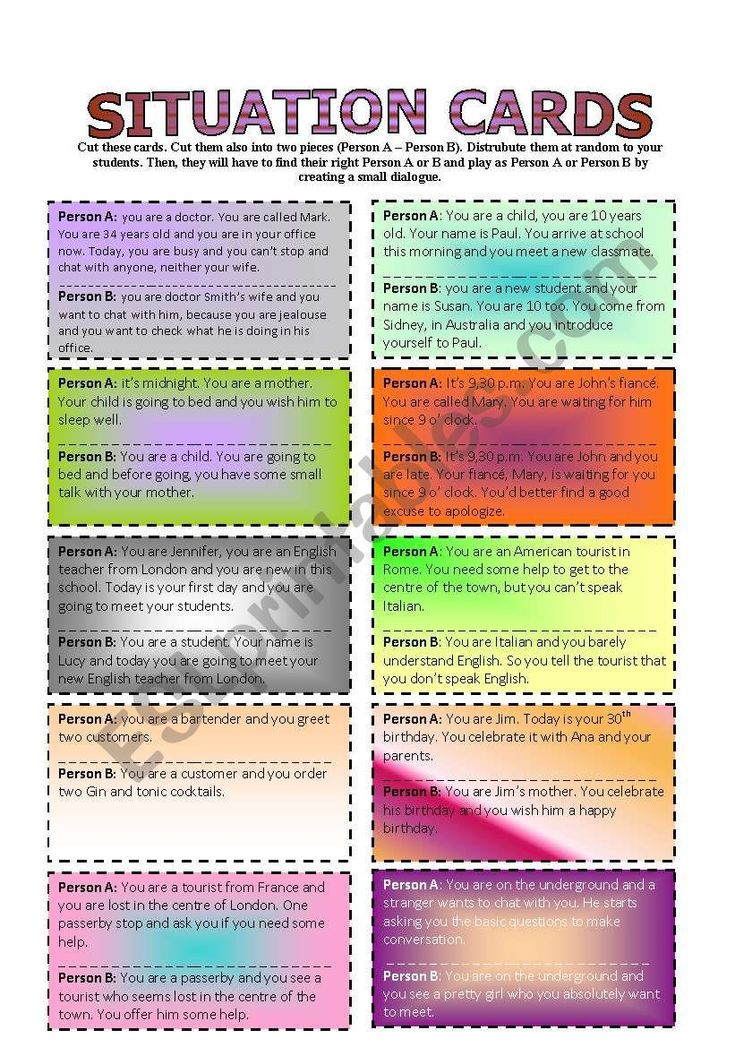 Experiences of failure can be converted into learning experiences that improve your child's ability to succeed in the future. Henry Ford once said, "Failure is just an opportunity to start acting again, but smarter."
Experiences of failure can be converted into learning experiences that improve your child's ability to succeed in the future. Henry Ford once said, "Failure is just an opportunity to start acting again, but smarter."
Children learn to overcome failure by watching their parents do it. If mom and dad get furious at their own failures, then the child concludes that this is the way to deal with defeat. No matter what you say, children “take off the sheet” more, that is, they do what they see, and not what they hear. If you make a mistake, then say it out loud: “Oh, I don’t have time to finish the work on time, it’s sad. We must sit down and calculate the time correctly in order to be in time next time!” This is how children understand that adults are not perfect either, they make mistakes, experience unpleasant feelings, but try to cope with it.
Encouragement and praise are powerful stimuli for the development of a child. Little children are ready to repeat their first steps again and again, seeing how happy their mother is.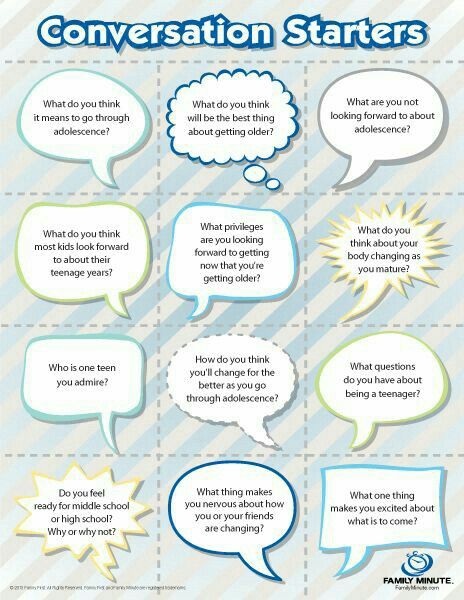 If a mother praises for efforts, for experience, and not just like that, then the child's motivation increases. He, while unconsciously, is already learning to set a goal in order to get the same result - his mother's smile. If the child took the first steps, but fell, it is important to support him with words, wait for him to stand up and rejoice at the next steps together. So, starting from a year, we teach children to set goals and overcome failures by trying again and again.
If a mother praises for efforts, for experience, and not just like that, then the child's motivation increases. He, while unconsciously, is already learning to set a goal in order to get the same result - his mother's smile. If the child took the first steps, but fell, it is important to support him with words, wait for him to stand up and rejoice at the next steps together. So, starting from a year, we teach children to set goals and overcome failures by trying again and again.
The same technique can be extended to other activities of the child. Did you ride a bike (skate, ski) and fell? Support, say: “Yes, it hurts, it’s a shame, but you need to try again!” Problem not being solved? “Yes, it’s sad, of course, but when should it be done? Are there options? What have you already tried? Did you draw a diagram? What else is possible?" It is very interesting to ask a child why something did not work out for him, often his version can surprise you. For example:
- Why do you have "two" in math?
- The teacher picks on me.

- Did you do your homework?
— Why? It's all clear to me.
Do not immediately rush to save the child, stay close to him, discuss what is happening, his feelings and actions. Often this is enough for him to cope with the situation and get a new successful experience. His self-esteem will just grow, but will be supported by a real, albeit small, achievement.
Teach your children to manage their expectations and not set the bar high. When you reason that you will absolutely go on a picnic on Sunday and develop a detailed trip plan, talking with your child about it for a whole week, but then plans change, do not be surprised if his frustration is so high that it will be difficult to cope with it. Consider most situations as probable, as pleasant possibilities, not as a fact that will definitely happen.
Learn to see the positives in different scenarios. “We will go on a picnic in the forest if the weather is good, and if the weather is bad, then we need to think about what we will do in this case. Do you have any suggestions?" "If you pass the exams to this school, then we will go there in the morning together, and if it doesn't work out, then you will stay in the old school or you will have a chance to pass the exams in another, what do you think is better?"
Do you have any suggestions?" "If you pass the exams to this school, then we will go there in the morning together, and if it doesn't work out, then you will stay in the old school or you will have a chance to pass the exams in another, what do you think is better?"
It is important that the child knows that being first is not the most important thing in the world, that your love does not depend on it. This knowledge appears when you praise him not so much for winning, but for his efforts and diligent attitude to business, and when you win, ask what exactly he did to achieve this. Talk to your child about their strengths. Such conversations can help build self-esteem even in the smallest. Discuss how you can make strengths even stronger. How can abilities be developed? And what was missing in a situation of failure?
Understanding when a child needs your help
By trying over and over, our children learn about patience, perseverance, and a sense of pride in their accomplishments.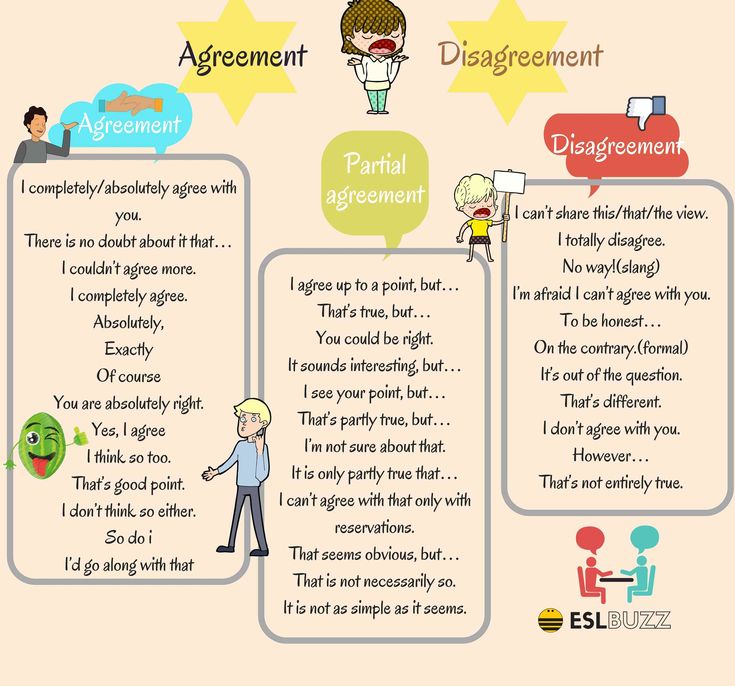 But you need to determine what level of failure the child can tolerate. Often the expectations of parents from children do not correspond to their age or level of development. And the situation turns out to be so difficult for the child that it is necessary not to teach him to cope with failures, but to radically change the situation itself and its requirements.
But you need to determine what level of failure the child can tolerate. Often the expectations of parents from children do not correspond to their age or level of development. And the situation turns out to be so difficult for the child that it is necessary not to teach him to cope with failures, but to radically change the situation itself and its requirements.
For example, a child is brought to a psychologist with a request - there are no friends in the class, teach them to make friends and cope with failures, increase self-esteem, she suffers. The girl is studying in the second grade at two schools at the same time: in Russian before lunch and in English in the afternoon. He studies hard and poorly, he does not cope with the lessons in any school. The child himself is not particularly fast by nature: he thinks for a long time, slowly dresses. The girl does not have the strength to be friends with anyone, she would survive. And the parents say: “Do the other children manage somehow?”
It is difficult for them to see that the child's resources are not enough for such an intensive workload, and it is a pity to leave school.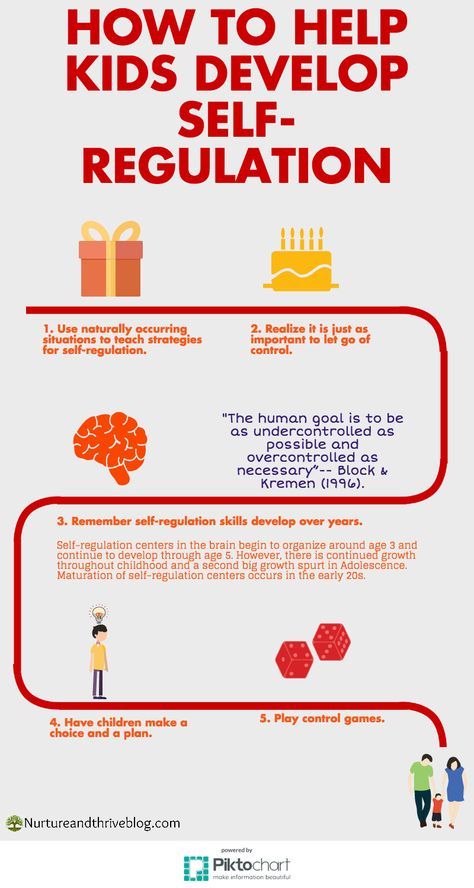 There are situations when a child definitely needs your help. This is not the time or place to learn how to deal with failure. Parents should get involved if:
There are situations when a child definitely needs your help. This is not the time or place to learn how to deal with failure. Parents should get involved if:
-
The situation is too humiliating for him. He forgot his tracksuit and can let his team down. You can, of course, start a "lesson of responsibility" and prove by example how important it is to be responsible. But it's better to just help the child and bring clothes. And the lesson will be held later.
-
Your child is in real danger. For example, he tries to join the game of older guys climbing onto neighboring roofs.
-
Your child is being bullied in real life or online. And this is not a one-time conflict, but a long process.
Sometimes when parents ask the question, “How can I teach my child to deal with failure,” they are really asking, “How can I deal with my fear that my child will be disappointed and start crying and stamping their feet? I am ready to do anything so that he does not scream so loudly and for a long time, and I do not feel like a bad parent.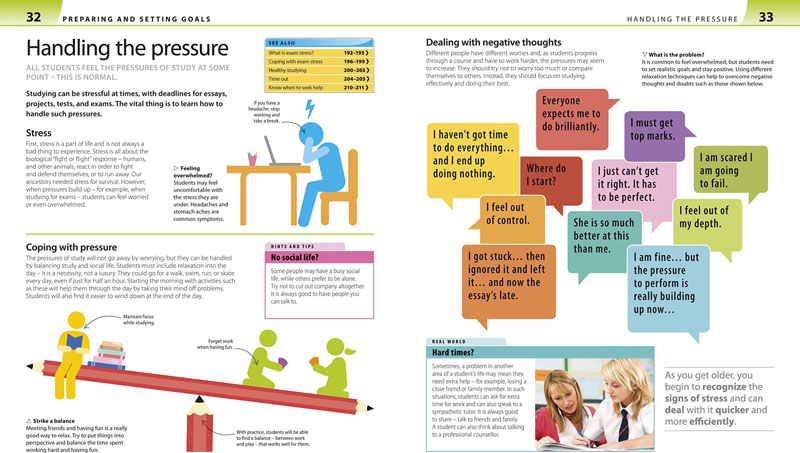 Know if the child is disappointed and screams, and you breathe deeply and endure, hug him or just sit next to him, talk about what is happening or be silent - you are an excellent parent, much better than the one who, in a panic, tries to quickly do everything for the child or give him anything, as long as no one has any negative emotions. There is no experience of disappointments - there is no experience of overcoming and learning, because it will not arise by itself.
Know if the child is disappointed and screams, and you breathe deeply and endure, hug him or just sit next to him, talk about what is happening or be silent - you are an excellent parent, much better than the one who, in a panic, tries to quickly do everything for the child or give him anything, as long as no one has any negative emotions. There is no experience of disappointments - there is no experience of overcoming and learning, because it will not arise by itself.
Read also:
14 rules for a good argument: how to teach your child to defend his point of view
7 ways to deal with learned helplessness syndrome
Why every child (and even some adults) needs an imaginary friend Konstantin, ESB Professional, Aaron Amat, Dean Drobot/Shutterstock.com
psychologyeducation
"Don't lie if you're worried too": how to talk to children about Ukraine
- Although children do not follow the news, something still seeps into their information field and probably causes alarm.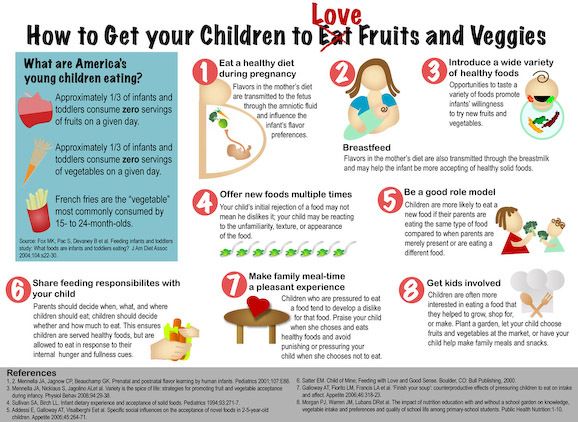 How to calm a child? A teenager?
How to calm a child? A teenager?
- In no case should you lie about the events that everything is fine and nothing is happening. If the child has already seen the videos, such words will only undermine your confidence, and now this should not be allowed. It is important to understand that the emotional state of the child to a very large extent depends on the state of the parent.
It turns out that the best way to calm the child is to be calm yourself, at least when talking with the child. It's like a rescue instruction on an airplane - put on the mask first on yourself, then on the child.
So, the best thing to do is first to speak as calmly as possible about the events themselves - yes, they are happening, yes, badly. But to speak in words understandable to a child of his age! Do not overload your story with unnecessary details. Follow the questions of the child, he will ask what worries him. Then immediately go to the discussion of emotions, say that fear or anxiety is normal.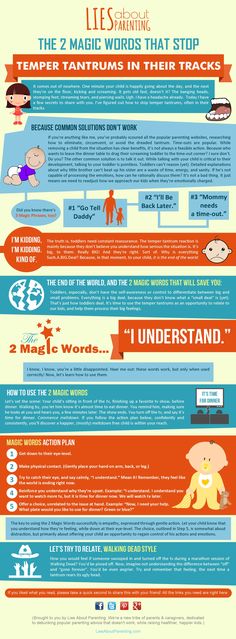 If you are talking to a teenager and he asks a direct question about your emotions, do not lie if you are also anxious. And then it is important to say that you will always be with the child, that you love and support him, that various wars have ended, and this too will pass. That anxiety may remain, but it will not interfere with your relationship or any daily activities.
If you are talking to a teenager and he asks a direct question about your emotions, do not lie if you are also anxious. And then it is important to say that you will always be with the child, that you love and support him, that various wars have ended, and this too will pass. That anxiety may remain, but it will not interfere with your relationship or any daily activities.
Young children respond well to tactile contact. The child needs to be hugged, stroked. Whether tactile contact will help a teenager depends on your relationship with him. In conversations with them, you need to be patient and be ready to answer honestly to a variety of questions. If you feel like you can't help your teen but they are very anxious, try to find an adult the teen trusts and ask them to talk. Children of any age can now give out strong tantrums over seemingly trifles. You can’t scold in such situations, you need to be patient and understand that this is how their general anxiety is expressed.
The last thing I want to add here is that we need to remember that emotions need to be vented to some extent.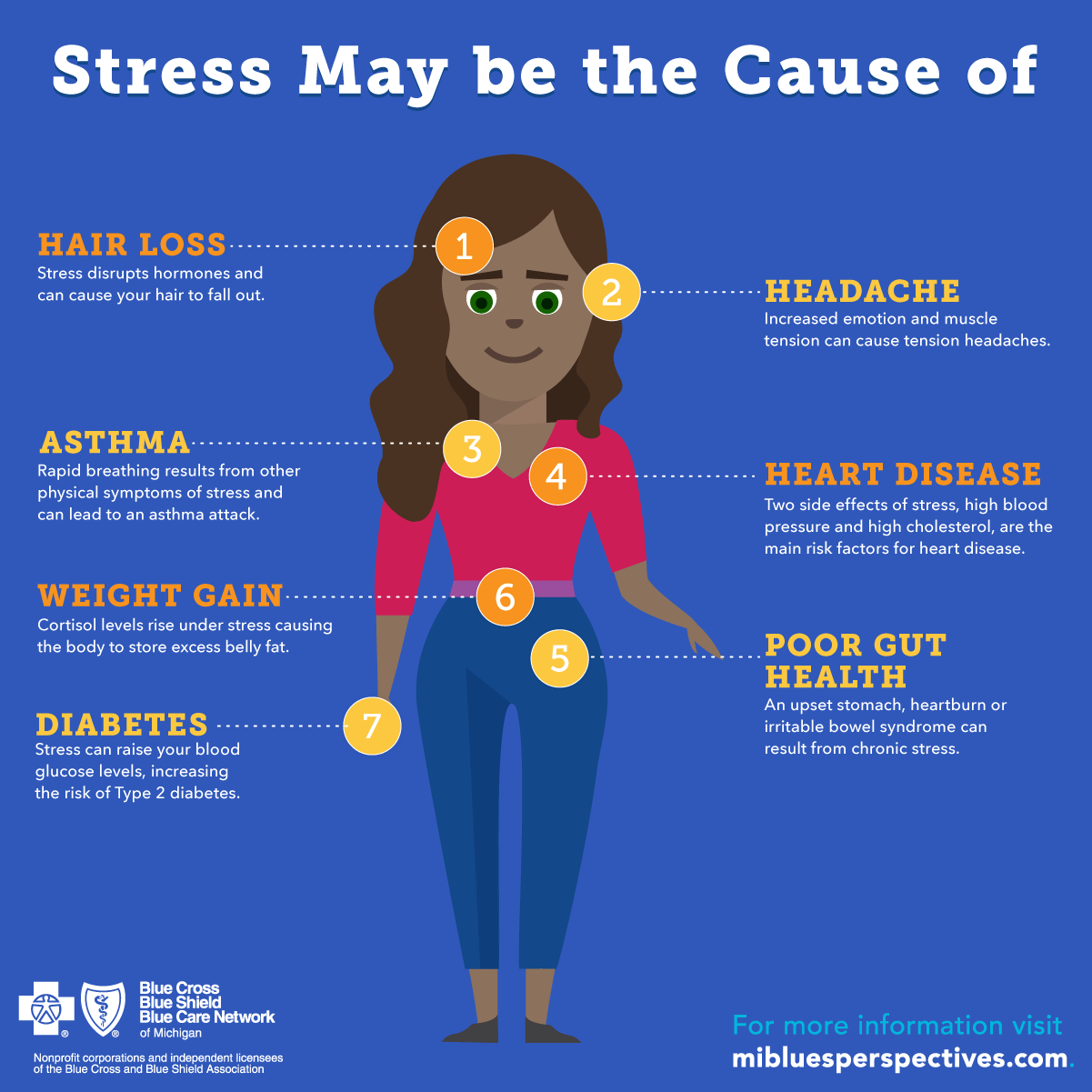
You can go in for sports, take a contrast shower, you can shout or volunteer somewhere, you can go buy something to send to Ukraine, you can help Russian relatives who are scared. You can write a letter to your future self, your past self, whatever. If you see that the state of anxiety does not change just after a conversation, then come up with any suitable action that will somehow collect these emotions and through this action you can get rid of them.
In the current situation, unfortunately, I think we will have to have similar conversations with children quite regularly. You also need to be prepared for this. We all learn together not to ignore events, not to collapse when faced with them (although this is the first reaction of a healthy psyche), but we learn to live in a new world, with some new meanings, where there is a place for suffering, and still ordinary human life .
- Why does anxiety arise?
The most disturbing experience for a person is the unknown, the lack of control over events.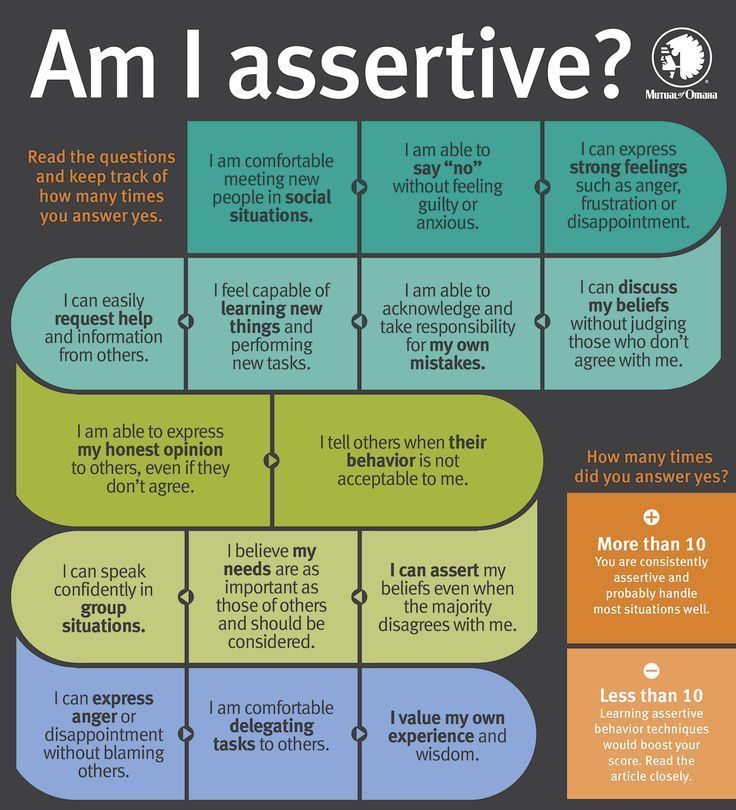 In this case, the news arrives randomly, it is not clear when and what we will find out, how terrible what we will find out will be. We cannot regulate the content of the news, but we can regulate how it is presented. And so we encourage the child to read them in some limited time. This means that at the time when the child does not read them, he knows that these psychological fragments that we are all under now will not fly to him. And this is not just a ban - it is necessary to explain that such a random receipt of news is very stressful for all people. Most likely we are talking about teenagers here, but this is true for all ages.
In this case, the news arrives randomly, it is not clear when and what we will find out, how terrible what we will find out will be. We cannot regulate the content of the news, but we can regulate how it is presented. And so we encourage the child to read them in some limited time. This means that at the time when the child does not read them, he knows that these psychological fragments that we are all under now will not fly to him. And this is not just a ban - it is necessary to explain that such a random receipt of news is very stressful for all people. Most likely we are talking about teenagers here, but this is true for all ages.
– How do children perceive some tragic news in general? Is it easier for them to survive them than adults, or vice versa?
- It depends very much on several factors. First of all, it is the child's experience in this area. If a child has experience of loss, God forbid, military experience, if there are soldiers in the family who have died, then the child has already experienced such an experience, and perhaps he will experience retraumatization. Then it will be tougher for him than for adults. It is more difficult for him to cope with his emotions, and he again finds himself in a traumatic situation. In this case, we say that it is, of course, more difficult for children. If we are not talking about teenagers, but about children of primary school age, the lower the child's age, the more the child's attitude to all this depends on the position of the parent.
Then it will be tougher for him than for adults. It is more difficult for him to cope with his emotions, and he again finds himself in a traumatic situation. In this case, we say that it is, of course, more difficult for children. If we are not talking about teenagers, but about children of primary school age, the lower the child's age, the more the child's attitude to all this depends on the position of the parent.
Toddlers look at their parent, at his emotional reaction, and then give out some of their own. Therefore, if a child lives with an anxious mother, it is clear that he himself has already learned to react anxiously to everything.
It turns out that there is no answer to the question whether it is easier for children or not. Children rely on the emotions of the parent. If the parent is emotionally stable, then the child, relying on the stable reaction of the parent, will treat this more calmly. If the child has already had a traumatic experience, it will obviously be more difficult for him.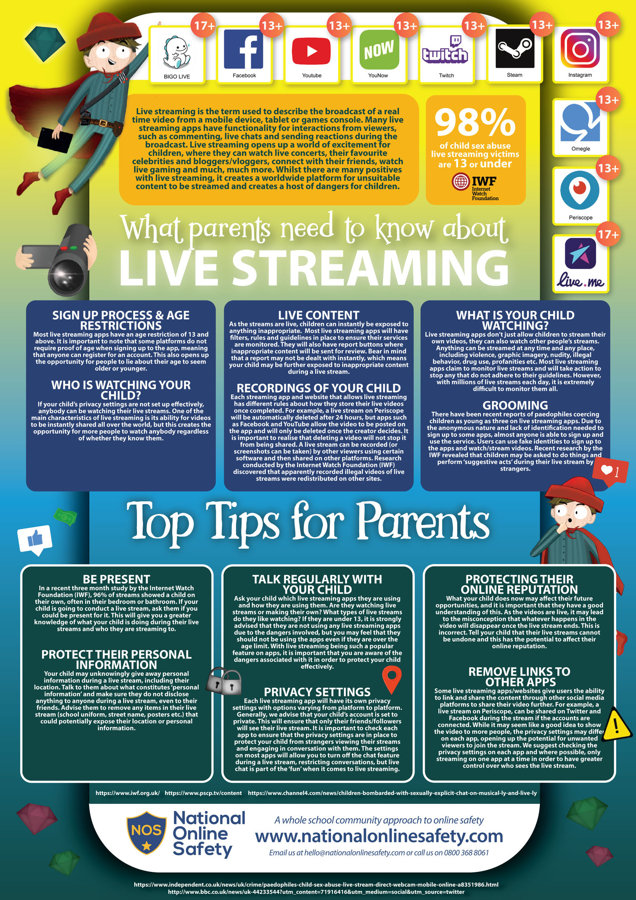
- If the child is not aware of what is happening, should the parents start the conversation first?
- Here it is important to understand how old the child is. If the child is still not aware, most likely it is just a baby. And here, parents need to know exactly what is the probability that the child will encounter this. If there is no such possibility in the near future, do not speak. But if now a child does not go to kindergarten, does not know anything, but in two months he will go to kindergarten - it is better to prepare such a child (but closer to the point!) If you know that he will inevitably face this reality. Before that, it would be good to find out what is happening in kindergarten, ask the teacher if other children are aware and what they already know now.
Such a conversation should be built on the basis of the specific experience of the child.
Watch a cartoon where there are some conflicts, say - you see, there is a conflict in the cartoon, unfortunately, we also have a conflict in our country now.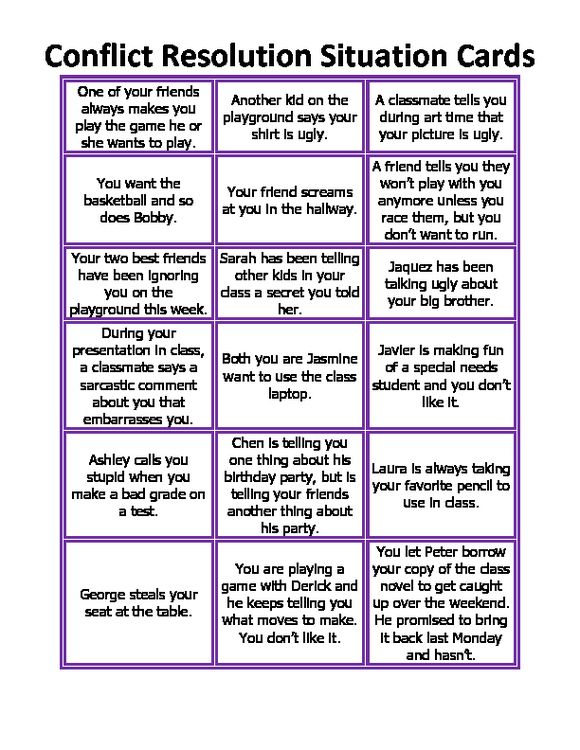 Or if you see fighting animals on the street. You need to start with the specific experience of the child, which he understands.
Or if you see fighting animals on the street. You need to start with the specific experience of the child, which he understands.
A small child will not understand what war, death is, he does not need to be explained. You can say - you see, in a cartoon someone did not share, and this is how it happens between countries. If the child does not yet know, the simple fact that this is happening now will be enough for him. The parent should not overload the child with details that he is not able to perceive. Perhaps then the child will come by himself with some specific questions. Then you can already say more, depending on what exactly the child is asking. Someone needs to be explained that war is when they shoot and tanks drive, you can already talk about death with older people. But such children will most likely come to you with questions.
– If the opinion of the parents and the opinion of the child do not coincide, how to build communication so as not to quarrel?
- This question implies that we have teenagers who can already form their own opinion, and it will not be completely dependent on the opinion of their parents.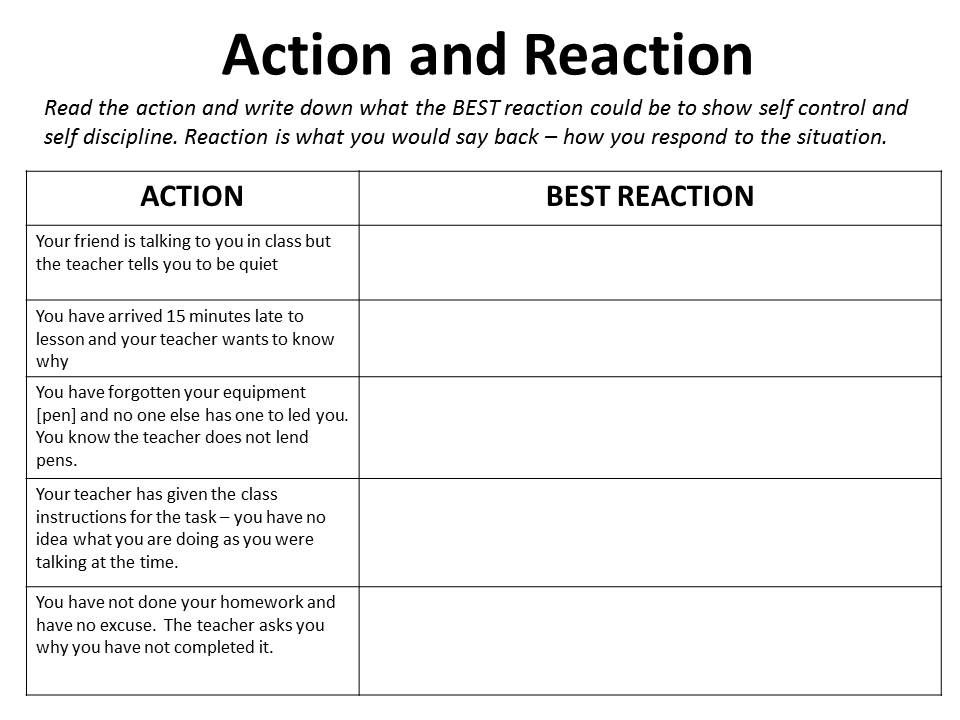 What is important to understand here? First of all, dear parent - if you see that the political views of the child differ from yours, accept for yourself that the relationship with the child is more important than any political differences. Only from this position can you start a conversation, this is the zero kilometer from which the road of your discussions will begin. If a parent feels that, well, yes, the child is important, but I really want him to think like me, and now his head is washed, there will be no conversation from this point.
What is important to understand here? First of all, dear parent - if you see that the political views of the child differ from yours, accept for yourself that the relationship with the child is more important than any political differences. Only from this position can you start a conversation, this is the zero kilometer from which the road of your discussions will begin. If a parent feels that, well, yes, the child is important, but I really want him to think like me, and now his head is washed, there will be no conversation from this point.
There must be one hundred percent conviction - the child thinks this way, I think differently, but peace in the family is more important.
Without this, no conversations can be started, because latently a teenager who knows his parents very well will feel that you want to convince him. And he will defend his point of view to the end. When the parent has definitely accepted the idea that the world is more important, this should be voiced to the teenager.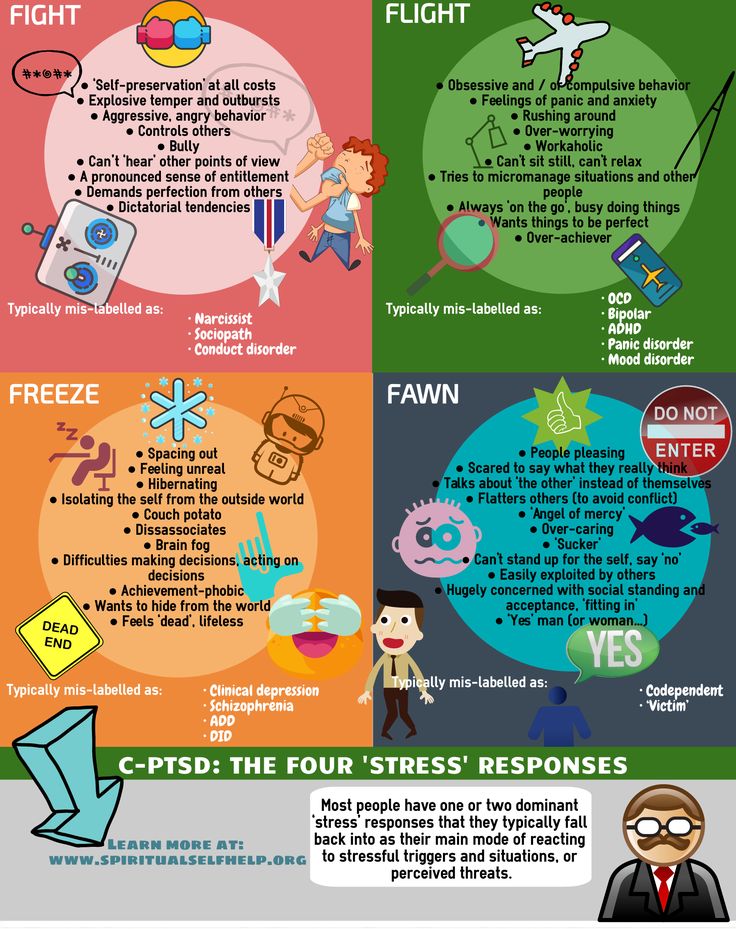 To say - I heard your arguments, we both know that I have a different point of view, I think that peace in the family is more important. If the child agrees, fine. And if the child starts arguing, saying no, you can’t be in the same family with such people, then here the parent needs to be patient and explain once again that there is a problem, it is very terrible, many people are involved in it, many suffer from it. And our family also suffers from this, each in their own way. But close people can always go through difficulties, and the desire to be together is stronger than the political problems and conflicts of the leaders of different countries. Such a conversation can be difficult if your old problems are hiding behind this conflict, then in order to restore relations, you will have to start with them.
To say - I heard your arguments, we both know that I have a different point of view, I think that peace in the family is more important. If the child agrees, fine. And if the child starts arguing, saying no, you can’t be in the same family with such people, then here the parent needs to be patient and explain once again that there is a problem, it is very terrible, many people are involved in it, many suffer from it. And our family also suffers from this, each in their own way. But close people can always go through difficulties, and the desire to be together is stronger than the political problems and conflicts of the leaders of different countries. Such a conversation can be difficult if your old problems are hiding behind this conflict, then in order to restore relations, you will have to start with them.
You can give a teenager this advice - okay, we don't talk about it. There are those adults that I, as a parent, trust, and you like them too. I know that they support this point of view, you can communicate with them.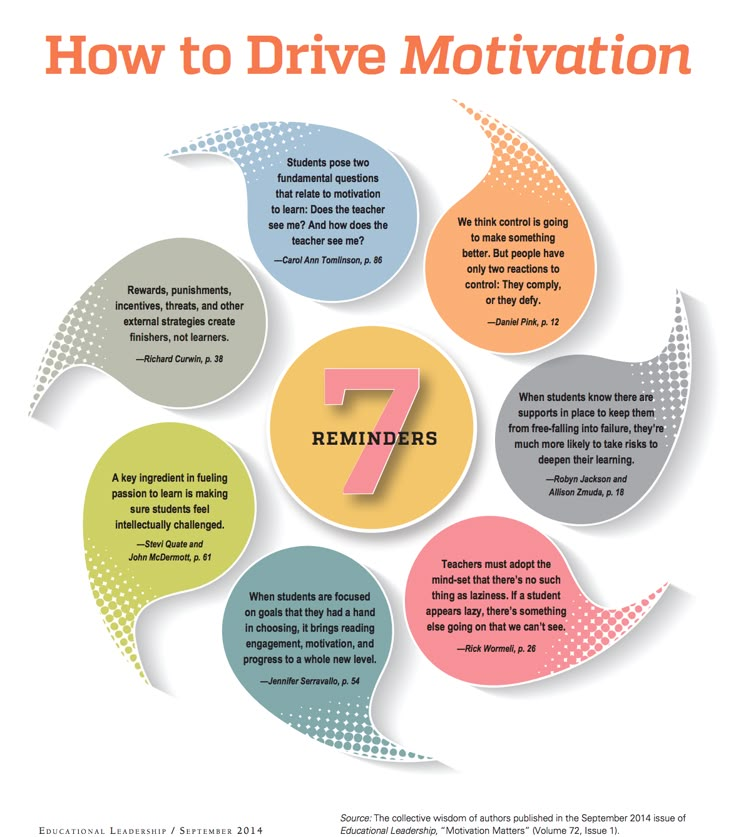 So the child sees that you trust him. By your actions, you say - I care about your political views, despite the fact that they are alien to me. And this will most likely endear the child to you. Maybe he will talk to another adult, maybe he won’t, but at least he will remain on good terms with you personally.
So the child sees that you trust him. By your actions, you say - I care about your political views, despite the fact that they are alien to me. And this will most likely endear the child to you. Maybe he will talk to another adult, maybe he won’t, but at least he will remain on good terms with you personally.
The next moment is joint household activities. There is a lot of talk about this now.
Home improvement is important. This is what unites, gives stability. What switches from negative agendas, what remains in any outcome. Our life will remain.
We are people, we provide for our livelihoods, and this is what unites people, because they make this life together. And, accordingly - okay, the agenda is separate, let's discuss what we will buy in the store, what we will cook, how we will do it. Such simple things are very supportive now.
– Is it worth restricting a child if he wants to express his civil position (within the law)? Or will the restrictions only separate him from his parents?
Of course, if it is within the law, there is no need to limit it. Any restrictions will cause opposition. I understand that parents can be scared for their children. Tell your teen honestly. Don't cover up your fear by caring about it. Insist on legal action. But always clarify your requirements. You can, for example, join the collection of things that the child can buy and bring himself.
Any restrictions will cause opposition. I understand that parents can be scared for their children. Tell your teen honestly. Don't cover up your fear by caring about it. Insist on legal action. But always clarify your requirements. You can, for example, join the collection of things that the child can buy and bring himself.
What else is important to say here. When such essential things are at stake, as now - life, death, it seems that everything we do is very insignificant. It is very important for both parents and children to understand that any action is significant. Messages on social networks, a conversation with a girlfriend, with a grandmother, posting a postcard from Kyiv somewhere - it all matters. If you have any acquaintances in Ukraine, just tell them your position. This will be their support.
Small steps are important. They are seen. You don't need to underestimate them. Perhaps understanding this will allow the teenager to remain in the field of affairs that the parent considers safe.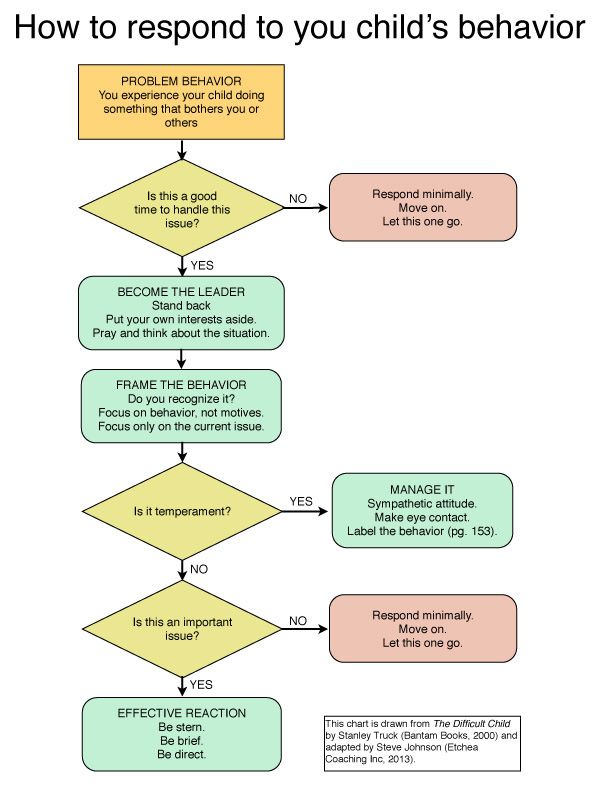
– What can I recommend to a child if he is being bullied in kindergarten or school for being Russian (or Ukrainian)? Or is it better to take him from this institution in general in this case?
- First, some general advice on bullying. If a child is being bullied, it is always the adult's responsibility to resolve the conflict. If parents notice this, they go to the tutor or teacher. Further, it is important to understand how much this teacher (or educator) is an authority in the class. Ideally, he himself is able to resolve this conflict. If there are already problems in the class, then the teacher may not be an authority. Then the task of parents is to find any other authoritative adult.
Here it is also important to remember that bullying is most often done by children from dysfunctional families, for whom violence is the norm, and therefore they show it. Accordingly, when an adult communicates with such children, the most important thing is not to be offended yourself. Remember that in front of you is a child, a dysfunctional child.
Remember that in front of you is a child, a dysfunctional child.
In such a situation, you can come up with some kind of business for those who poison, so that they feel significant, feel their authority without offending others.
But, of course, one must look at the whole situation as a whole. The psyche of a child who is being bullied is the most valuable thing for parents. If a parent understands that, for example, he does not have the resources to talk with the class teacher, or the class teacher does not have the resources, or whatever, then the question of changing schools or kindergartens may arise. If this is some cool school that you don’t want to change, then attract more adults. But the problem will never be solved at the level of children.
What advice can you give to a child who is now being bullied because of his nationality? You can try to explain to him, to do everything so that he perceives the speeches of the offender as mildly as possible. So that they hurt him to the least extent.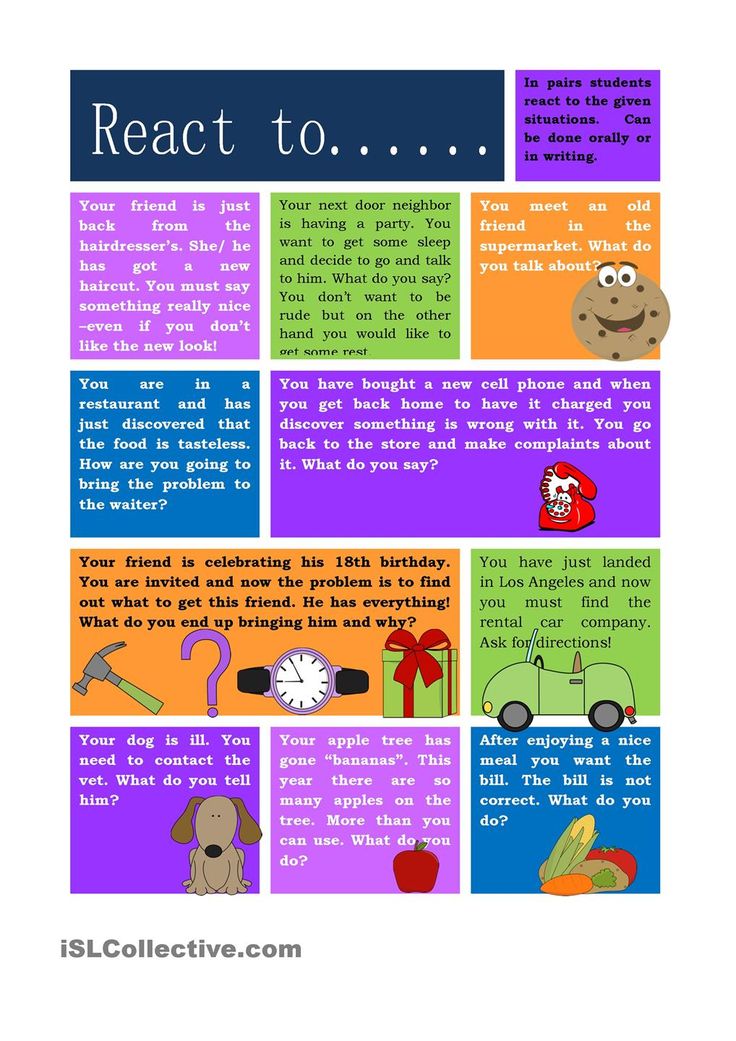 I must say that those children who behave this way are themselves in stress, they themselves are afraid. Perhaps they have some problems in the family. Maybe this whole situation reminds them of some kind of violence they have experienced, which is why they behave this way. That is, we seem to rise above the situation, and this can help to take the attacks more calmly.
I must say that those children who behave this way are themselves in stress, they themselves are afraid. Perhaps they have some problems in the family. Maybe this whole situation reminds them of some kind of violence they have experienced, which is why they behave this way. That is, we seem to rise above the situation, and this can help to take the attacks more calmly.
If teenagers are able to conduct a dialogue themselves, it is necessary to move away as much as possible from the conflict, the “Russian-Ukrainian” confrontation.
The child can say that the authorities understand this, that Russian people are very different, there is no collective image behind nationality, it does not determine the quality of a person in any way. Before that, we were in the same class, we communicated - that is, to try to shift this conflict from the plane of children's relations to the plane of politics.
- What is the most important thing in all these conversations?
— We talked about the fact that the state of the child depends on the emotional state of the parent.